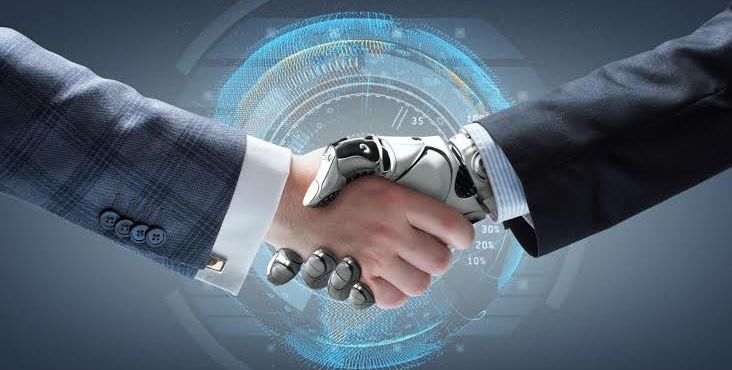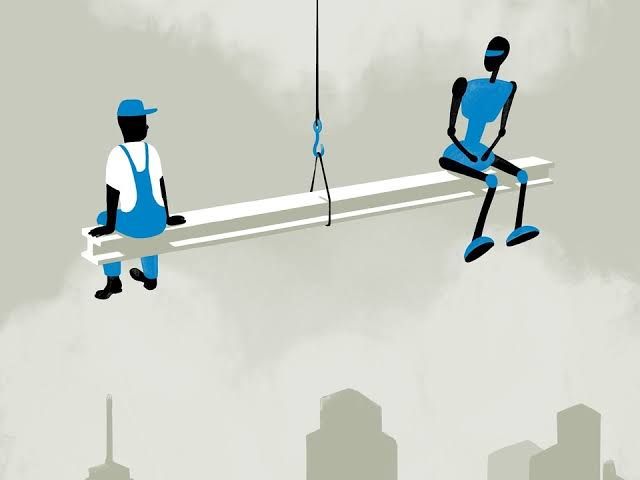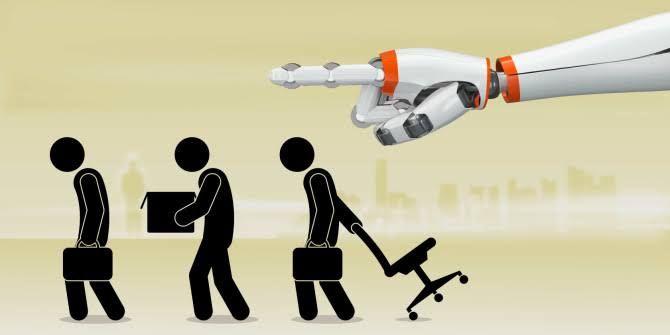The Rise Of Technology And Why It Should Bother Entrepreneurs?
Jul 20, 2019 • 10 views
The influence of technology on our lives, lately can simply, not be neglected and this century is already being known as the era of modernisation through technology.
From the smartwatch one wears to the cars we drive, every single thing is digitised and now modified too. As represented in the film Hidden Figures, NASA used to employ human computers to calculate flight trajectories that helped get the spaceships into space. Today the aggregate computing power of human computing from that era is dwarfed by the device of the size of our palm.
There are many examples to show how jobs and the nature of labour have modified over the years, pushed forward by unshackling humanity’s collective inventiveness to solve problems. Tech is merely another path in humanity’s ongoing drive towards better productivity and innovation. There was a time not so long ago when new technologies and inventions were taking the world by storm and the economy was making everyone wealthy, everyone spending huge to get these technologies basically when the world was attaining globalisation.
But then the world underwent what is plausibly the most destructive phase it had ever seen that was the increasing dependency of people all over the globe and the way they were starting to adapt to the technologies. Such rapid changes in technology ultimately led to large changes in society, everything from politics (Colonial era to sectarianism), communications, to shrinking household size.

In light of the recent release of the iPhone XR, it is hard to imagine that our parents have ever thought of buying a fully functioning TV for entertainment purpose.
Nowadays, to the increasing harm of ancient forms of communication, we rely on our phones for everything. Our androids act as calculators, clocks, cameras, calendars, music players, while ancient forms like the letters are quick turning into a thing of the past. Similarly, our face to face social connections have transformed into virtual and online connectivity through the screens, while apps like Kindle has become a preferable alternative to the reading books.

These examples make us believe that technology is vital for human survival because they choose to work with it instead of without it. As humans are social creatures, yet we are prone to falling for minor tricks that would sell us a substitute for the social connection we generally crave. In that way, many would agree with the fact that technology is causing harm in some way or other to human services. But we all can agree on a generalised idea that technology has also saved us from some of the disastrous situations. As when in need of any type of information, a person jumps to the world wide web abbreviated as www for the required details, also tech has made communication so easy that we can easily connect with the people from different corners of the world.
So, no doubt technology has truly resulted in digitisation and modernisation in many fields. Either it's the sphere of medication or farming or physical science, technology has resulted in a global revolution. Better techniques in farming have resulted in more and healthier food, safer net banking and many more.
But with this increasing impact of technology, it is important to bring stability to its usage because ultimately a lot of jobs are done now without the need of human workforce.

For the maximum amount of time and effort as our wonderful entrepreneurs and scientist put into making an attempt to innovate and push human productivity forward, we also now need to spend time figuring out how society needs to evolve, in as non-disruptive and humane means as possible, to accommodate new technologies.
Fine manipulation tasks with unpredictable mechanics are terribly tough for machines and will remain so for a long time. It’s even harder if they're needed to work on humans or animals safely.

Technology replacing humans is one repeated theme. We can argue about what percentage of jobs are being destroyed by technology. But that’s sort of missing the point. Given that technology could be a tool that individuals can apply in numerous ways, the amount and type of human workforce dominated will, at the end of the day, be determined by us, not by the technology.
A little tech can save us from consuming time, money, energy but it can also ruin our ability to stay active in our specialised workplace. Also handling our entire lives digitally is a reduction of the rich possibilities of life beyond the algorithm.
